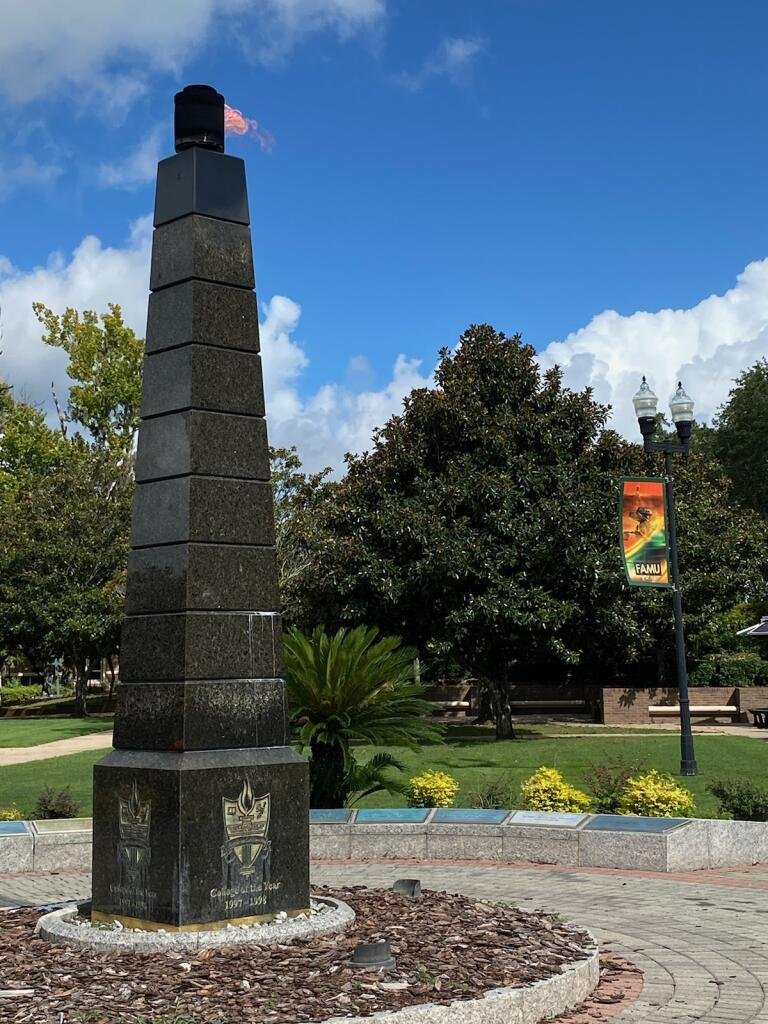Will politics impact FAMU’s presidential search?
Written by Donnie Weatherspoon
Originally published: FAMUAN
As Florida A&M University continues the search for its next president, concerns about political interference and the future of academic independence loom large. In recent years, Florida’s higher education system has increasingly become a political battleground — a trend made clear through the recent controversial presidential appointments at Florida Atlantic University and Florida International University, both of which saw Governor Ron DeSantis appoint Republican allies to lead the institutions.
The appointments at FAU and FIU reflect a broader shift in how public universities across Florida are governed. Historically, university presidents were chosen after thorough national searches, focused on identifying academic leaders with deep ties to higher education and research. Today, however, political connections seem to carry equal, if not greater, weight than academic experience.
This shift is alarming for students, faculty and alumni who fear that political appointees could prioritize ideological agendas over the needs of students or the long-term health of their universities. With the search for FAMU’s next president now underway, these concerns feel especially urgent at the nation’s top public Historically Black Colleges and Universities (HBCUs).
Loryn May, FAMU’s Student Government Association president, emphasized these worries in a recent interview.
“Over the past few years, we have seen a clear shift in how state universities are governed, with political influence playing an increasingly dominant role in presidential appointments. The selections at FIU and FAU reflect a broader trend of placing political figures in academic leadership, raising serious concerns about the independence of our institutions,” May said.
May stressed the importance of FAMU selecting a leader who not only understands the university’s historic legacy, but who can also withstand external political pressures and advocate for the needs of students.
“At FAMU, we need a president who understands our legacy, our mission, and our students, and someone who can navigate political pressures. As your student body president, I will continue to advocate for a university president who serves the best interests of our student body,” she added.
The significance of this search goes far beyond the walls of FAMU’s campus. As the only public HBCU in Florida, FAMU plays a unique and critical role in the state’s higher education landscape. The university’s next president will be tasked with preserving that legacy while ensuring FAMU can thrive in an increasingly politicized environment.
As students, faculty, alumni and stakeholders watch the process unfold, many hope that FAMU will break from recent trends and select a leader who represents the university’s core values, not a political agenda.
The future of FAMU, and potentially the future of independent higher education governance in Florida, could depend on it.

